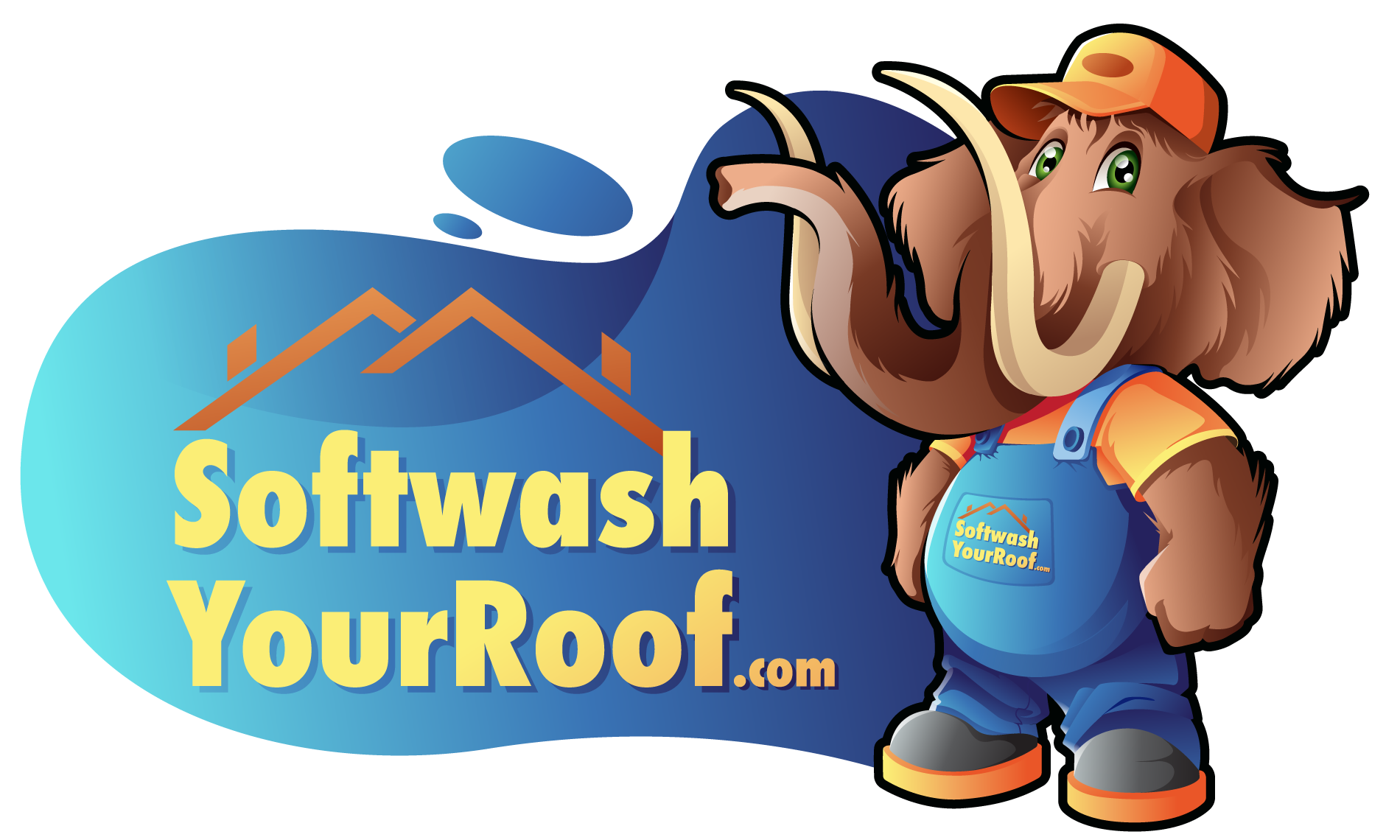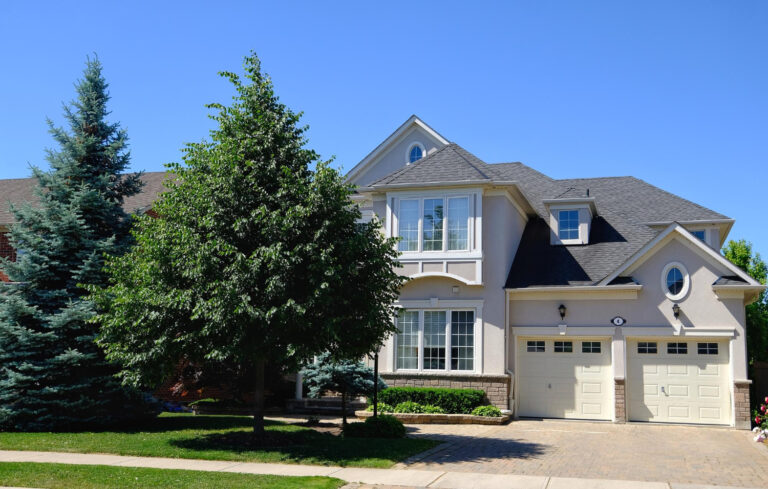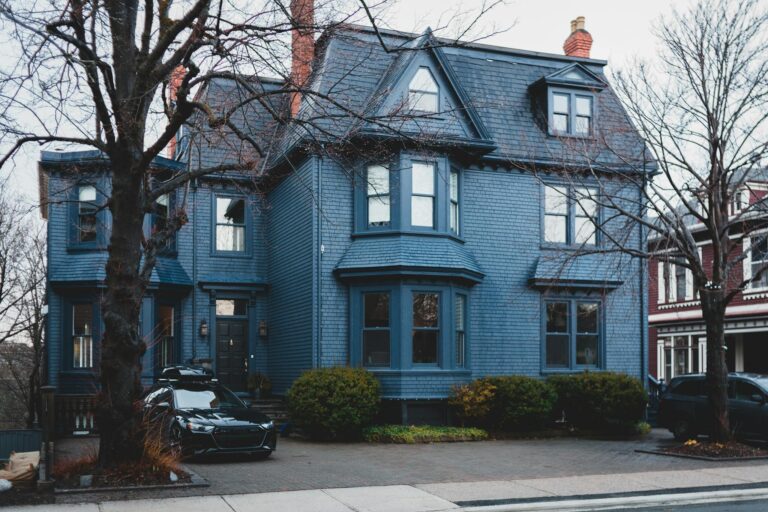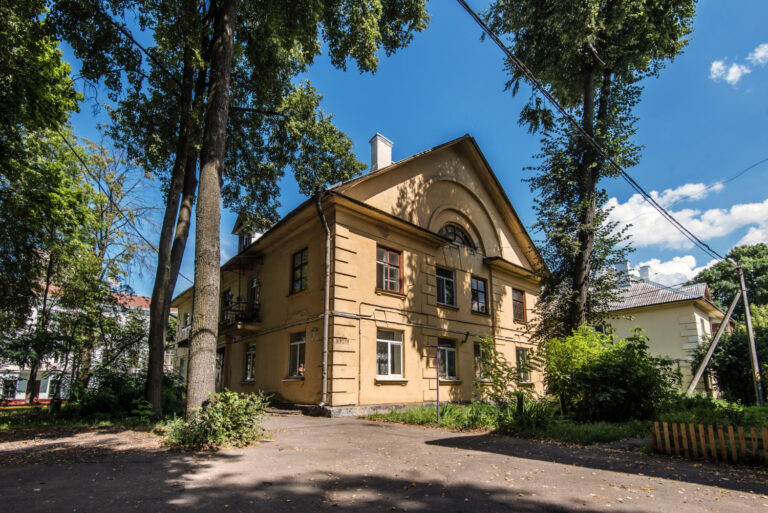Pressure Washing vs Soft Washing Johnson City: How to Which Method is Best?
Pressure Washing vs. Soft Washing Johnson City: Which Method is Best?
Introduction:
Are you struggling with stubborn stains on your driveway or grimy siding in Johnson City? You're not alone. Property owners often face the challenge of keeping our homes and businesses looking their best. That's where the debate between pressure washing and soft washing comes into play.
This comprehensive guide will dive deep into exterior cleaning, exploring the pros and cons of pressure washing and soft washing techniques. We'll discuss how these methods work on various surfaces, from concrete driveways to delicate roofing materials. Whether in Bristol, Kingsport, or right here in Johnson City, this article will help you determine the best approach for your cleaning needs.
Join us as we unravel the mysteries of pressure washing vs soft washing and discover how to maintain your property's curb appeal effectively and safely. Let's roll up our sleeves and get to the bottom of this cleaning conundrum!
Key Takeaways
Pressure Washing vs. Soft Washing:
- Pressure washing uses high-pressure water spray for tough cleaning jobs.
- Soft washing relies on specialized cleaning solutions and low-pressure application for delicate surfaces.
Pressure Washing:
- Suitable for durable surfaces like concrete driveways, sidewalks, and brick walls.
- Comes with potential risks, including surface damage if used incorrectly.
- Requires caution around electrical hazards.
Soft Washing:
- Ideal for delicate surfaces like wood, stucco, vinyl siding, and roofs.
- Uses biodegradable and environmentally friendly cleaning solutions.
- Effective for removing algae, mildew, and moss.
Safety Considerations:
- Both methods require proper safety gear and precautions.
- Care should be taken to protect surrounding plants and landscaping.
Choosing the Right Method:
- The choice depends on the specific surface and cleaning needs of your property.
- Consider the material's durability and the type of dirt or grime you're dealing with.
Professional vs. DIY:
- While both methods can be DIY projects, professional services may be safer and more effective for certain applications.
Environmental Impact:
- Both methods can use eco-friendly cleaning solutions, but care should be taken in chemical selection and application.
Maintenance Benefits:
- Regular cleaning using appropriate methods can extend the lifespan of various exterior surfaces and improve overall curb appeal.
These key points summarize the main aspects of pressure washing and soft washing discussed in the article, helping readers understand the differences and make informed decisions about their exterior cleaning needs.
Pressure Washing vs. Soft Washing Johnson City: Which Method is Best?
Have you ever wondered how best to clean your property in Johnson City? We've all been there, staring at stubborn stains on our driveways or grimy siding, unsure how to tackle the mess. That's where the debate of pressure washing vs soft washing comes into play. As a property owner, I've learned that choosing the correct cleaning method can make a difference in keeping our homes and businesses looking their best.
In this article, we'll dive into the nitty-gritty of pressure and soft washing techniques. We'll explore how these methods work for various surfaces, from concrete to roof cleaning, and even tackle pesky algae removal. Whether in Bristol, Kingsport, or right here in Johnson City, we'll help you determine the best approach for your exterior cleaning needs, considering factors like cost, effectiveness, and safety. So, let's roll up our sleeves and get to the bottom of this cleaning conundrum!
Pressure Washing Techniques and Applications
Listen up, folks! Let's discuss pressure-washing techniques and applications. As a property owner in Johnson City, I've learned a thing or two about this powerful cleaning method. Pressure or power washing uses high-pressure water spray to remove dirt, grime, and stains from various surfaces. It's like giving your property a much-needed bath!
Now, when it comes to equipment, pressure washers come in different sizes and power levels. You have your electric washers for lighter tasks and gas-powered ones for heavy-duty jobs. Trust me, choosing the right equipment is vital to getting the job done without causing any damage.
Suitable Surfaces
One of the best things about pressure washing is its versatility. It works wonders on various surfaces, from concrete driveways and sidewalks to brick walls and vinyl siding. Heck, you can even use it to clean your deck or fence! Just adjust the pressure and nozzle depending on the surface you're tackling.
I recall a transformative experience when I decided to pressure wash my driveway. The years of accumulated dirt and grime vanished before my eyes, revealing a surface that looked brand new. The dramatic change in my property's appearance was a source of inspiration and motivation, and my neighbors couldn't stop complimenting me on how great my property looked.
Potential Risks
I'd be lying if I said pressure washing was all sunshine and rainbows. There are some potential risks you need to be aware of. First off, using too much pressure can damage certain surfaces, like wood or delicate masonry. It's all about finding that sweet spot and not going overboard. Additionally, the high pressure and use of harsh chemicals in pressure washing can be harmful to the environment. It's always better to be safe than sorry, so keep your distance from anything electrical and choose eco-friendly options whenever possible.
Another thing to watch out for is electrical hazards. You want to avoid accidentally spraying water into outlets or electrical panels. Trust me, I've had a close call or two in my day. It's always better to be safe than sorry, so keep your distance from anything electrical.
Lastly, please be careful about the chemicals you use. Some cleaning solutions can be harsh on your skin or harmful to the environment. I always opt for eco-friendly options whenever possible. It's our responsibility to take care of our planet, even when we're just trying to keep our properties looking spiffy.
Soft Washing Methods and Uses
Alright, folks, let's dive into the world of soft washing! As a property owner in Johnson City, I've discovered that soft washing is a game-changer when cleaning delicate surfaces. Unlike pressure washing, which uses high-pressure water spray, soft washing relies on specialized cleaning solutions and low-pressure applications to safely remove dirt, grime, and even stubborn algae.
Cleaning Solutions
Now, I'll be honest. I've made my fair share of mistakes when it comes to mixing cleaning solutions. Trust me, you don't want to wing it and end up damaging your surfaces. That's why it's crucial to use the right cleaning solutions for the job. In soft washing, we often use biodegradable and environmentally friendly solutions specially formulated to tackle specific issues like algae, mildew, and moss.
One of the most valuable lessons I've learned is the importance of using the right cleaning solutions in soft washing. I once attempted to wash my roof without the proper solution, and it was a mistake I won't repeat. It's crucial to always use the appropriate cleaning solutions and follow the manufacturer's instructions to ensure a successful and safe cleaning process.
Appropriate Materials
Another thing I've learned is that soft washing is perfect for cleaning sensitive materials like wood, stucco, and vinyl siding. Traditional pressure washing's high pressure can easily damage these surfaces, but soft washing's gentle approach gets the job done without any risk of harm.
I once made the mistake of trying to pressure wash my wooden deck. Oh boy, was that a disaster! The high pressure stripped the wood and left it looking worse than before. That's when I discovered the magic of soft washing. It safely removed all the dirt and grime, leaving my deck looking brand new without any damage.
Safety Considerations
When it comes to softwashing, safety should always be a top priority. Even though it uses lower pressure, it's essential to wear protective gear like gloves and goggles, and be mindful of your surroundings. Accidentally spraying water into electrical outlets or harming nearby plants can easily be avoided with the right precautions, ensuring a safe and successful soft washing project.
I'll never forget accidentally spraying my neighbor's prized rose bush while soft-washing my fence. Let's say they weren't too happy with me. From that day on, I've been extra careful to protect plants or landscaping before starting a softwashing project.
So, there you have it, folks! Soft washing is an excellent choice for cleaning delicate surfaces, but using the right solutions, techniques, and safety precautions is essential. Whether tackling algae removal on your roof or giving your siding a much-needed refresh, soft washing can work wonders for your property's curb appeal. Just remember to learn from my mistakes and always approach soft washing with care and attention to detail!
Conclusion
As we've explored the world of exterior cleaning in Johnson City, it's clear that pressure and soft washing have their place. Each method has unique strengths and applications, making them valuable tools in maintaining the appearance and longevity of our properties. From tackling stubborn stains on driveways to gently cleaning delicate surfaces like roofs, these techniques offer solutions to many cleaning challenges.
The choice between pressure washing and soft washing comes down to the specific needs of your property. By understanding the pros and cons of each method, you can make an informed decision that will keep your home or business looking its best. Remember, whether in Bristol, Kingsport, or Johnson City, proper exterior cleaning isn't just about esthetics – protecting your investment and boosting your property's curb appeal.
FAQs
Q: Which cleaning method is more suitable for soft or pressure-washing delicate surfaces?
A: Soft washing is generally considered the better option for delicate surfaces such as roofs and siding, which can be damaged by high-pressure water. Soft washing involves using lower water pressure and is preferred for these surfaces.
Q: Is it beneficial to softwash a roof?
A: Yes, soft washing a roof is beneficial as it helps to extend the roof's lifespan. This method prevents damage by removing debris, algae, plants, mold, and mildew, which can accumulate on the roof without the harsh effects of pressure washing.
Q: Can a pressure washer be adapted to perform soft washing?
A: This information should have been provided in the original input.
Q: What substances do professionals typically use for soft washing houses?
A: Professionals often use a cleaning solution that includes sodium hypochlorite (bleach) and a foaming or surfactant agent for soft washing houses. This combination is effective and safe when used correctly.









16 Comments
Comments are closed.